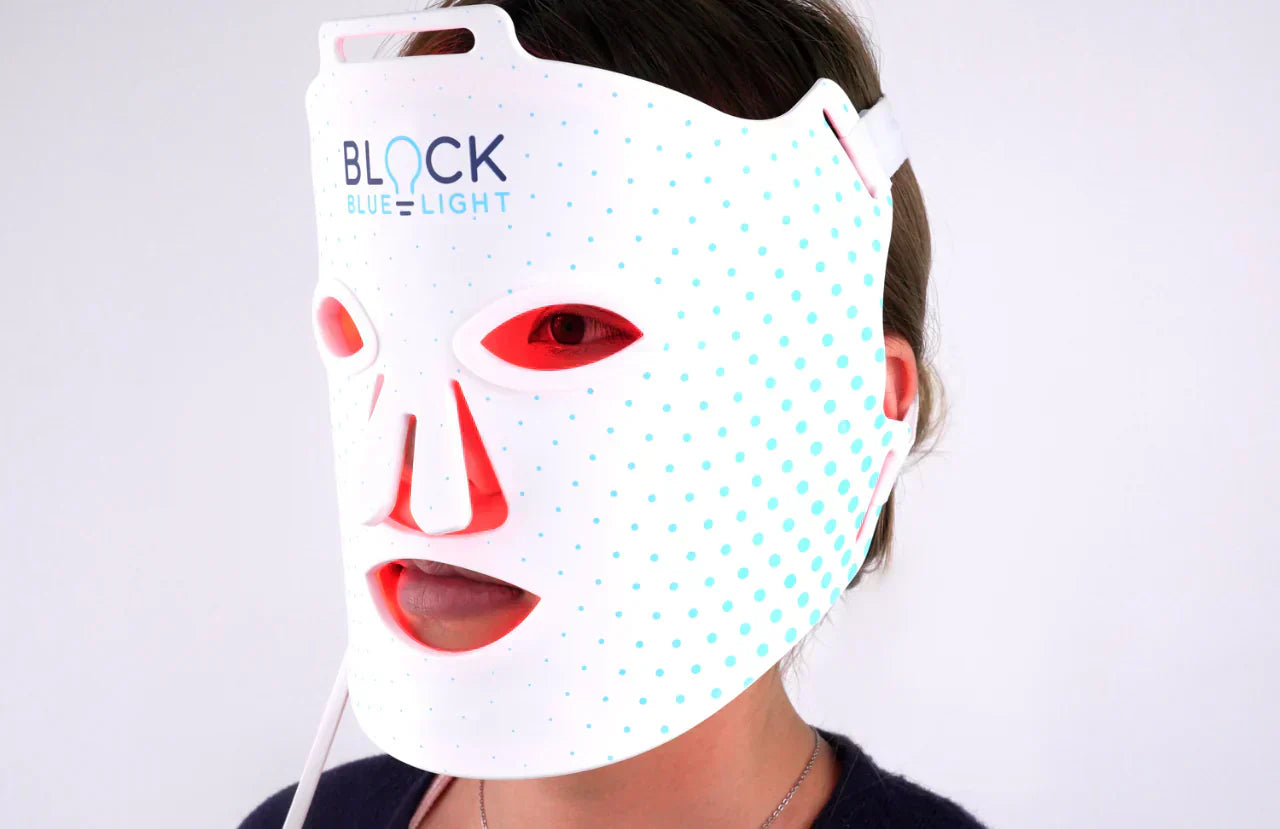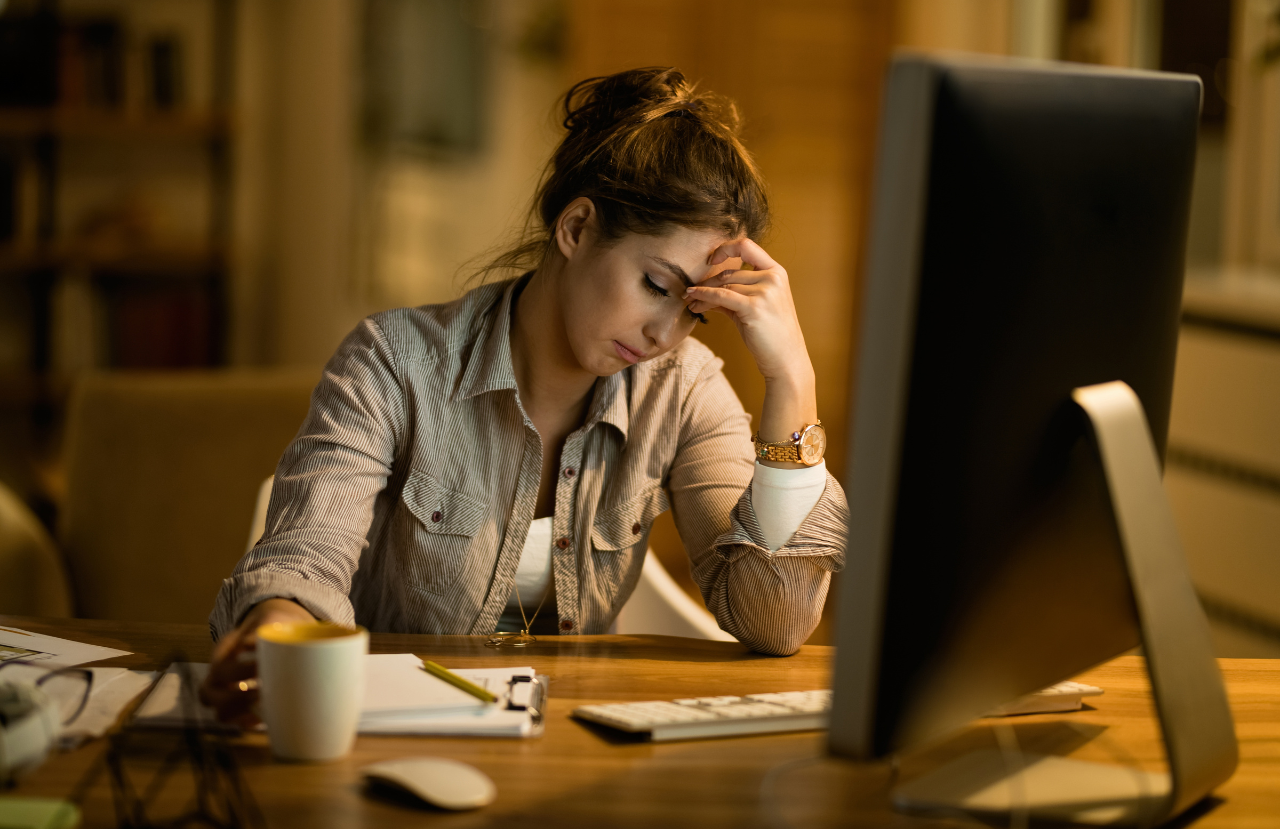A good night’s sleep is like a slice of heaven here on Earth. Of course, who wouldn’t want a comfortable 8-10 hours of sleep at night? Sadly, not everyone is easily capable of achieving a complete sleep cycle without having to work for it. In fact, 50 to 70 million Americans suffer from a chronic sleep disorder.
If you are one of those people that are having trouble meeting with Mr. Sandman at night, then look no further as we have got a collection of the proven and tested tips for getting the best night of sleep you will ever have.
Take Care Of Your Body Clock

Your body clock is one of the key aspects that dictate how well you sleep. It is basically the schedule according to which your body begins to release melatonin that helps you fall asleep faster. When we say to take care of your body clock, it means that you should sleep on a set schedule.
Avoid sleeping at different times during the day as this might disorient your body clock. If you really feel tired and it’s not yet your sleeping time, you can rest up and take a short nap. However, if your sleeping time is only an hour or two away, try to fight the urge to sleep as this will make it hard for you to fall asleep later on.
Don’t Look at Your Clock

Sleeping is more of a psychological process than it is a physical one. If you are sleeping on a schedule and you keep worrying about what time it is, chances are you’ll have a harder time falling asleep. Avoid looking at your clock when you are about to get some shut-eye so you won’t stress out over what time it is.
Moreover, if you find yourself waking up in the middle of the night constantly, avoid looking at the clock as well. Doing so will force your body clock to develop a nasty habit of waking up at the exact time. People with insomnia typically suffer from this condition, but the good thing is that this is easily avoidable.
Listen to Relaxing Music

You may want to listen to calming and soothing music before you go to sleep. Everyone has their preferred tunes to fall asleep to, but generally, the tempo of the music should be slow. Try listening to the sounds of nature or classical music. Don’t limit yourself to these genres, however, as there may be other music that’s more soothing for you.
Pick Your Sleeping Position

Sleeping positions matter a lot. Aside from comfort, your sleeping position also affects your breathing and muscles. There are three common sleeping positions — back, stomach, or side. One of the most popular positions is back, but that doesn’t necessarily mean that it is the best option for you.
According to a recent study, back sleepers have a tendency to suffer from blocked airways and sleep apnea. On the bright side, sleeping on your back is considered as the healthiest sleeping position because it keeps your head and spine in a neutral position.
In terms of comfort, people prefer a fourth position known as “fetal.” The fetal position is done by lying on your side and tucking your knees to your body. It’s comfortable as it allows your body to regulate heat in that position. However, keep in mind that you may have trouble breathing if you tuck your body too tightly.
There are various sleeping positions out there. Each has its benefits to your body, but if you are considering comfort, you should stick with what you are used to. Don’t be afraid to experiment every once in a while, as you may find a position that puts you to sleep immediately.
Practice Yoga and Meditation Techniques

It’s not always recommended to do a full workout before you sleep as this actually forces your body to stay active. However, yoga is a different matter. It is the gentle art of stretching your body while committing to regulated breathing.
You can easily do it at home with the help of instructional videos. What’s great about yoga is that it gives your body a complete workout, but it doesn’t keep the blood pumping, so it keeps you relaxed instead of active.
Alternatively, you can practice meditation techniques before sleeping. Like yoga, meditation keeps your mind and body at ease. The difference is that it isn’t exactly a workout, so you don’t need to get active by doing this.
Try 4-7-8 Breathing

Breathing techniques also help you fall asleep faster at night. The most effective breathing technique for sleep is known as 478. It is a technique used by military personnel while in combat. In essence, this breathing technique slows down your heart rate, which calms and relaxes you, thus allowing you to fall asleep easily.
To do it, first put your lips apart and exhale heavily. Slightly close your lips and inhale at the count of four seconds. Hold your breath for a total of seven seconds, and once done, exhale slowly for eight seconds. Repeat this process for 4-6 times, and you’ll feel a big difference in how you relax.
This is a proven and tested method that people use to fall asleep.
Avoid Caffeine at Night

We drink coffee in the morning to keep our senses up. Obviously, it is not recommended to do this before going to sleep. Caffeinated drinks also include energy and soft drinks, which you should avoid at night altogether.
If you want a warm and sleep-inducing drink at night, try chamomile tea. It has properties that promote sleep and relaxation. On the plus side, it is a delicious alternative to caffeinated beverages.
Invest in Blue Light Blocking Strategies

When thinking about sleep, we immediately think of turning the lights off so that we can fully relax. That’s true in a sense, but sometimes it is not enough. What you need to stay away from is blue light.
Let’s first talk about what blue light is. Wavelengths of light are measured by a unit called nanometres (nm). Light colors such as red, orange, yellow, and blue are visible by the naked eye, while infrared and ultraviolet are not.
Blue light has a nanometre of 400-500, which is short but very powerful. You may not feel its effects directly, but blue light weakens the body’s ability to produce melatonin, the hormone responsible for making you sleepy.
Simply put, the more blue light you see, the harder time you’ll have with sleeping.
The thing is that blue light is almost everywhere, including our smartphones. One way to avoid it is by using blue light blocking glasses. These are extensively researched and well-developed glasses that greatly limit your blue light intake, especially at night.
Avoid Electronics an Hour Before You Sleep

Speaking of blue light, it is advisable to avoid touching any electronics an hour or 30 minutes before you go to sleep. This means turning off the TV, putting the smartphone away, and shutting down the computer or gaming console.
Not only are electronics a heavy source of blue light, but they also keep your brain active, thus making it more difficult to fall asleep.
It’s also worth noting that staying too close at bright lights, especially when everything else is dark, is bad for your eyes. You may notice that doing so will make your eyes feel tired, but that doesn’t necessarily mean it makes you sleepy. What it does is that it puts too much strain on your eyes through the light it absorbs.
Read for a Few Minutes

If you can’t help but do something before you go to sleep, we suggest picking up a book or magazine to read a few minutes before falling asleep. This will keep your mind active in a healthy way, and it will tire your eyes at the same time. You will obviously want to avoid reading an ebook as this will emit that pesky blue light.
Invest in special light bulbs that emit no blue light as it’s not advisable to read in the dark. All of our Sleep Enhancing Lighting emits zero blue light to protect your eyes and melatonin levels while reading, and they strong enough to provide plenty of light read without being in the dark. If you practice this regularly, your body will eventually adjust itself and make reading at night a signal that you are ready to fall asleep.
Try Aromatherapy

Aromatherapy involves the use of essential oils. You’ll need to use an oil diffuser to turn the oil into a fragrance that circulates around an enclosed space such as your bedroom. There are various essential oils out there, but not every one of them is suitable for putting you to sleep.
Go to your local oil shop and look for essential oils made from lavender, chamomile, clary sage, sweet marjoram, or bergamot. These have relaxing properties, so they are more than capable of helping you sleep after a long day.
Air or oil diffusers may be the best tool to put these to work, but there are other ways to use them for aromatherapy. One is to apply a dab or two on your forehead before you go to sleep. You can also dilute them in water and use a spray bottle to distribute it evenly in your room.
Eat Specific Foods

While you need to avoid caffeine in order to keep yourself away from staying awake, there are certain food items that you may want to eat because they encourage better sleep. These foods include almonds, turkey, kiwi, fatty fish, and walnuts, among others.
These are rich in vitamins such as vitamin D, magnesium, and of course, melatonin.
Don’t eat 3-4 hours before going to bed. Sleeping on a full stomach is not healthy at all.
Take Sleep Enhancing Supplements

If you have trouble sleeping despite trying out all of the tips above, you might need to take supplements to help you sleep easier. There are several over-the-counter supplements that are proven to encourage sleep by boosting melatonin or by calming brain activity.
For starters, find supplements that are rich in magnesium. These are scientifically proven to activate the neurotransmitters that kickstart the process of sleeping. The supplements are taken 200-400 mg per day after meals. Alternatively, you can find supplements that have 5-HTP, which boosts serotonin that can regulate sleep. 5-HTP is also said to treat insomnia.
Alternatively, you can find supplements that have melatonin. These are taken in 0.5-5 mg doses 30 minutes before bedtime. Not only do they help you fall asleep faster, but they also improve your sleep quality.
Why Sleep Better?
All these talks about sleeping better might have kept you wondering, “why do we need to sleep better?”
Sleep affects you physically and mentally. You may have noticed that you feel more sluggish when you lack sleep. You move more slowly, you talk more slowly, you are less energetic, and you have slower reaction times.
On the opposite, having enough sleep keeps you up and running throughout the day. Other than that, there are several health benefits to sleeping well.
- Better memory. If your mind is well rested, it can function more properly as well. If you are a student or just someone who needs to remember things, you’ll want to sleep well as it will help you memorize stuff better.
- Better cardiovascular health. Resting allows your body to recuperate. This includes your nervous and cardiovascular system. A well-rested body regulates blood better, thus promoting a healthy heart.
- Longer life. All these benefits combined essentially lead to living a longer and healthier life! That’s something that everyone strives for at the very least, so never skip out on sleeping.
We dive into the benefits of quality sleep, and also the risk's of not getting enough in our article "Why Quality Sleep Is Essential For Optimal Health"
Bottom Line
Sleeping is one of the most important parts of our day. You should never deprive yourself of it as it could lead to consequences that will drastically affect your life. Contrary to popular belief, a good night’s sleep is very easy to achieve. What’s important is that you know your sleeping patterns and schedule, and stick to them strictly.
Always reward yourself with a full cycle of sleep every night, and you’ll be surprised at how well your days will be.







